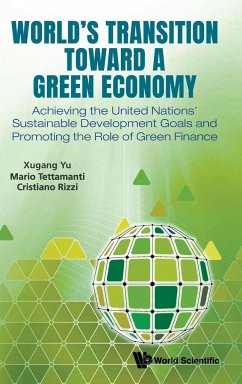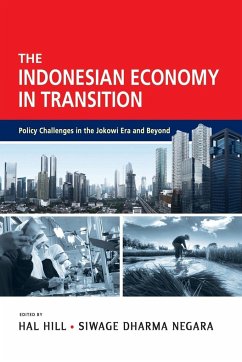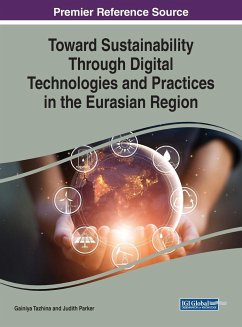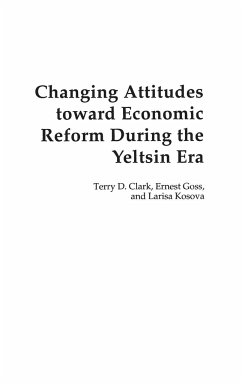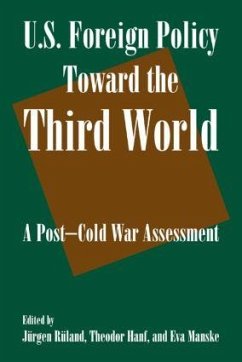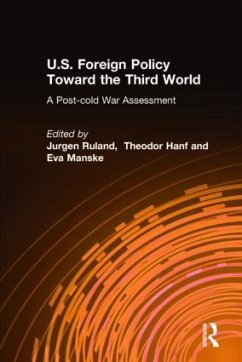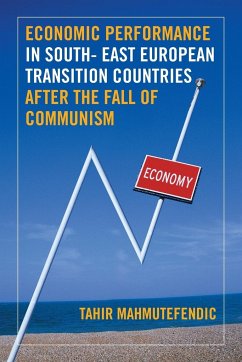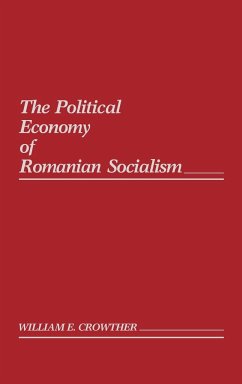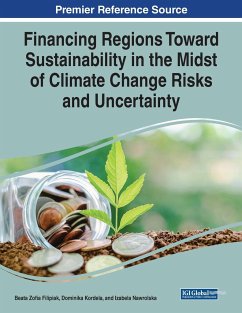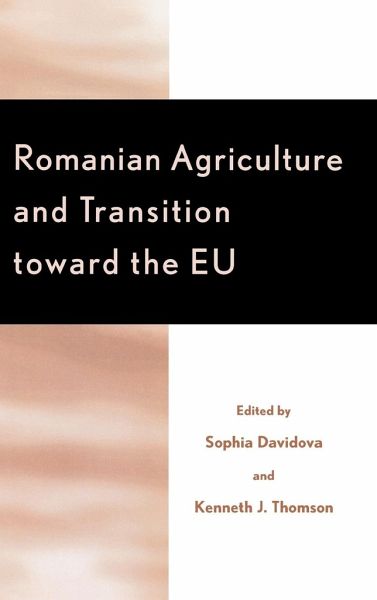
Romanian Agriculture and Transition Toward the EU
Versandkostenfrei!
Versandfertig in 1-2 Wochen
108,99 €
inkl. MwSt.

PAYBACK Punkte
54 °P sammeln!
Of the ten Central and Eastern European countries that have applied for membership in the European Union, Romania ranks among the largest and most impoverished. Romania represents the final challenge in the European Union's enlargement to the east, largely due to its major, but underdeveloped, agriculture and food sectors. The agriculture industry, which is a major component of the national economy, extends its pervasive influence to both Romanian social life and environment. Consequently, the transition towards a market oriented economic system will pose new obstacles for the country's farmer...
Of the ten Central and Eastern European countries that have applied for membership in the European Union, Romania ranks among the largest and most impoverished. Romania represents the final challenge in the European Union's enlargement to the east, largely due to its major, but underdeveloped, agriculture and food sectors. The agriculture industry, which is a major component of the national economy, extends its pervasive influence to both Romanian social life and environment. Consequently, the transition towards a market oriented economic system will pose new obstacles for the country's farmers, processors, traders, and policymakers. While identifying the impediments that surround Romanian agriculture and its inevitable progression towards transition is a simple task, the challenges lie in recommending solutions. Through careful analysis of numerous recent studies on reform policies in the Romanian agri-food sector during its economic transition, this comprehensive examination offers perspicacious suggestions and insights on the following topics in particular: international trade, credit for agricultural development, price policies, and rural development. The conclusions reached are not only of domestic importance and application, they are also of immediate relevance for many post-socialist countries, for which the agri-food sector is a principal vehicle for rural development.





